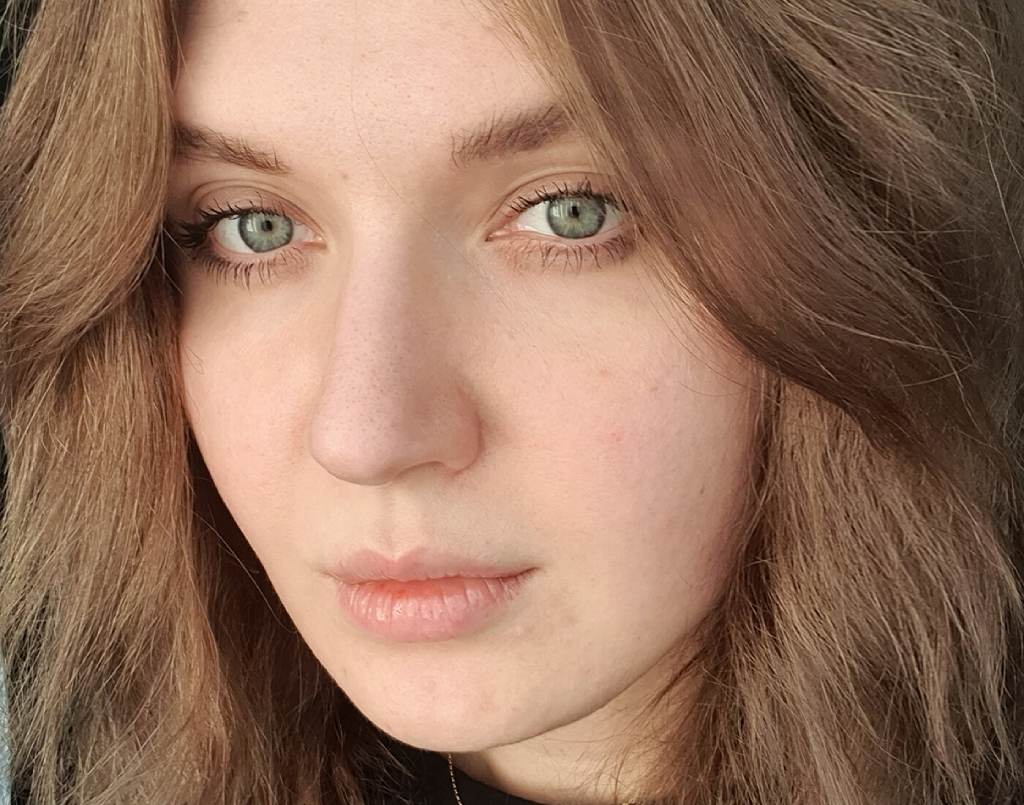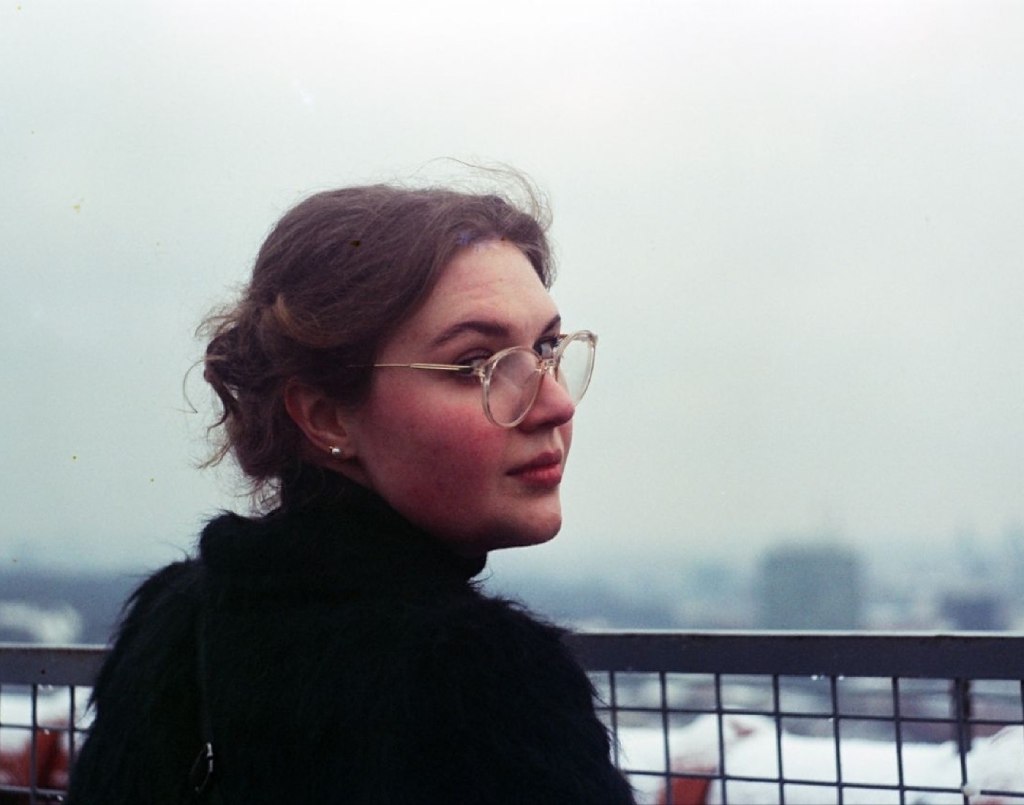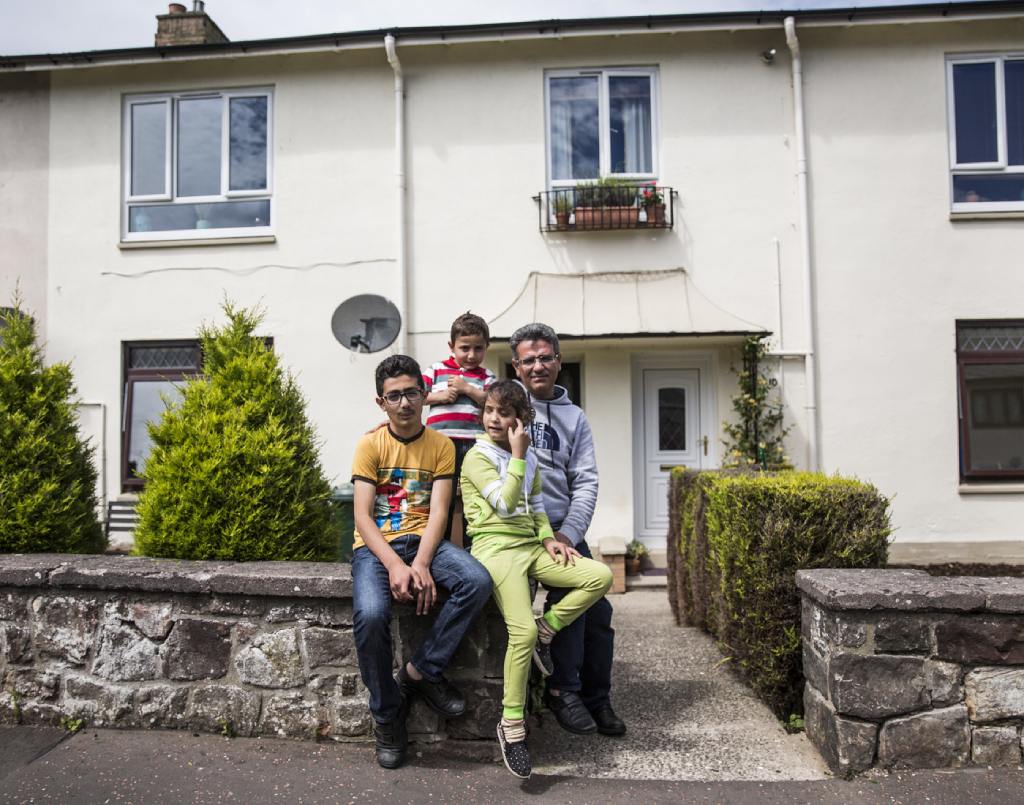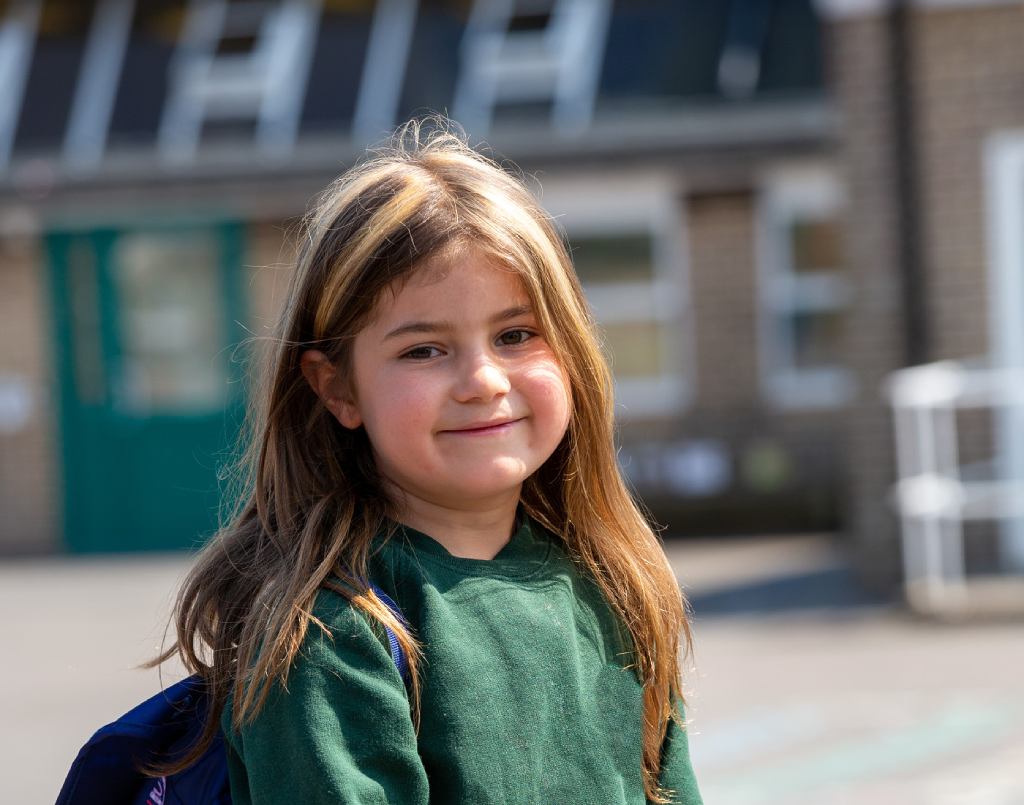After a long career in early years education and family support, Carol was ready to make the most of her retirement. Then, very suddenly, her husband Mike became unwell. He was diagnosed with cancer and passed away just six months later. Here Carol shares her memories of that difficult time and describes how volunteering with her local Community Sponsorship group gave her life a new purpose.
“I’d never really liked the phrase ‘my other half’. But after Mike passed away, I realised that that was what he was – he was my other half and part of me was now missing. After 44 years of marriage, we worked together almost as one.
I couldn’t really function on my own. I lost confidence with so many things, like driving. I couldn’t concentrate – I’d get in the car and think, ‘Where am I going? What day is it? Which direction do I take?” My family and friends were supportive and I had two beautiful grandchildren, but nothing could make up for the loss.
After 18 months of crying every day and thinking, ‘What’s the point?’, I prayed. I said, ‘God, if you want me to be here on earth, you must have a purpose for me. Please show me what that purpose is because otherwise I don’t want to go on.’
The next day I met a friend for coffee and told her I’d prayed for a purpose. That’s when she told me that a local Community Sponsorship group called CHARIS Exeter were looking for a female volunteer to support a Syrian family coming to Devon. She hadn’t asked earlier because given my circumstances, she didn’t think I’d want to do it. But I said, ‘That’s just what I need.’ It was something I could do; it was something different; and it was something that had real meaning and worth. It felt very much like the answer to my prayer.
At initial meetings, I spoke very little. It was still a huge thing for me to talk to anybody that I didn’t know, because I was so worried that someone would ask me a question that would make me cry.
As time went on, I started feeling a bit more confident. I helped decorate and furnish the house for the refugee family. I went shopping for practical things like cleaning products and put them in the cupboards. I met with a refugee who’d already been in Exeter for a year or so – he took me to the Halal shops to buy food for the family. This was exactly what I needed: something to go out for every day. I felt had a purpose again.
When we found out the refugees’ names, everything became very real. It was a family of four – parents and two teenagers. I was excited about their arrival but also quite nervous. What if they didn’t like me? What if we didn’t get on? It was a bit nerve wracking.
Meeting the family at Exeter airport was an amazing thing. It turned out that there were two older daughters living in London, and one of them came to their airport with her husband and young children. She hadn’t seen her parents and siblings in four or five years. They had no idea she’d be there to meet them.
When they came through, there was lots of hugging and crying – it was quite overwhelming. We realised we’d helped the family here not just to reach safety, but to be reunited with their daughters after so many years apart. It made everything feel very worthwhile.
Supporting the family became quite consuming, which was just what I needed. It gave me something else to think about and to talk about. I was maintaining the family’s diary, coordinating visits from ESOL volunteers and befrienders and trips to the doctor and dentist. I found myself driving the family to lots of appointments, some outside of Exeter, and that really built up my confidence in the car again.
Because I had something else to think about at bedtime, I started sleeping better. More exercise helped my sleeping too – I’d often walk to the family’s house, which was about six miles there and back.
I’ve learned so much from the family. They lost their home; they left family behind; they’ve seen awful things; they’ve been through a lot of pain and trauma – and now they are motivated to help other people. The father is going to be a mentor for other refugees and the children are thinking about careers in nursing and human rights law. I find them so inspiring.
The best thing about volunteering has been getting to know the family. They say they think of me as their English mother. One day I told my granddaughter that I was ‘going to see the family’ and she said, ‘But WE’RE your family Nanny!’ I do feel I have two families now.
Volunteering has been a really important part of my recovery. I feel I’ve gained more from it than I’ve given. Realising what the family has gone through – realising the difficulties they’ve had and how many people they’ve lost – has helped me put things into perspective. It doesn’t make my loss any less, but to support someone who is worse off is a privilege, as well as very humbling.
Helping this family has been a big turning point in my life. It’s one of the most amazing things I’ve ever done.”



